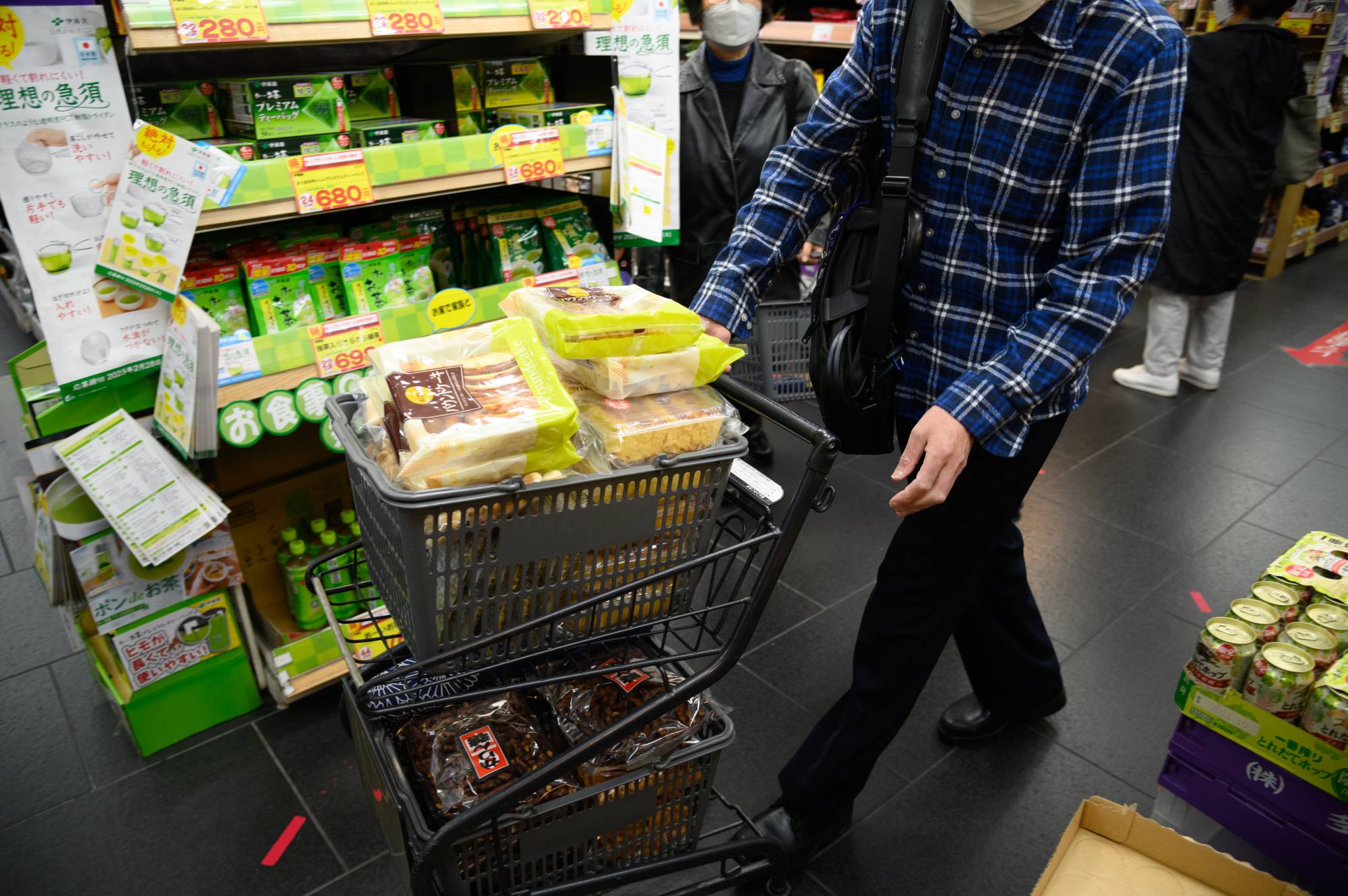Japan's household spending fell in March for the first time in three months, though the 2.3% drop was smaller than expected, as consumers remained cautious despite some easing of COVID-19 curbs.
While lower coronavirus risks have boosted consumer activity since April, rising living costs may cramp Japan's consumption-led recovery for the rest of 2022, analysts say. Inflation is at a multiyear-high in the world's third-biggest economy, fanned by the war in Ukraine and the yen's skid to 20-year lows.
Government data on Tuesday confirmed the March spending drop versus the same month a year earlier. The decrease was narrower than Reuters' median market estimate for a 2.8% drop, and followed 1.1% growth in February.


















With your current subscription plan you can comment on stories. However, before writing your first comment, please create a display name in the Profile section of your subscriber account page.